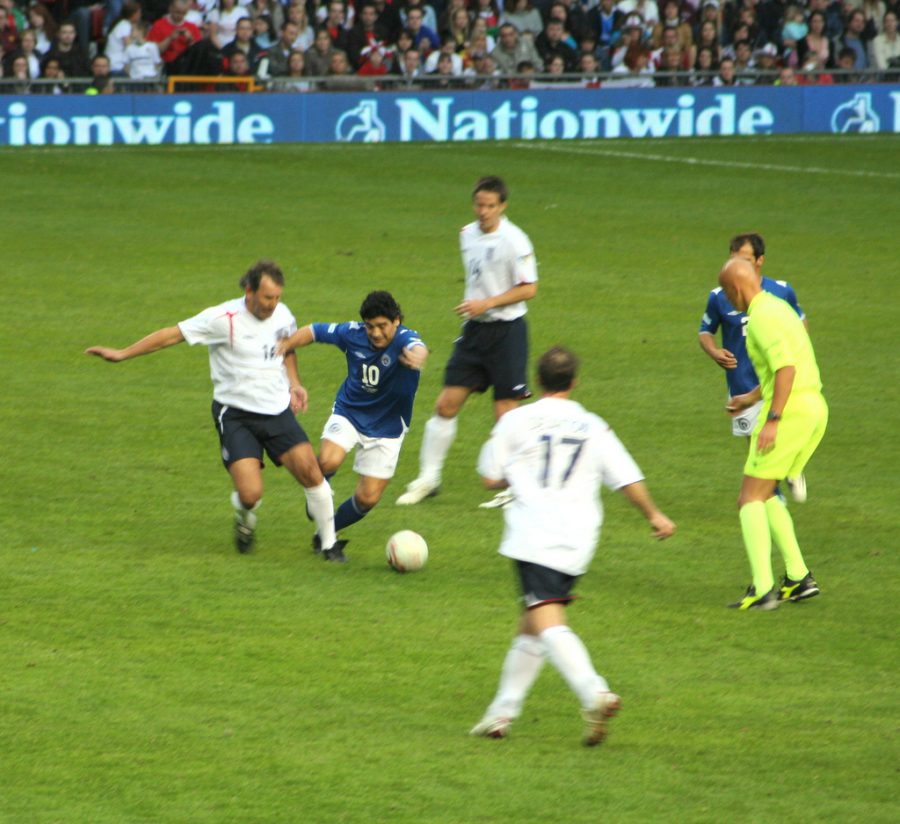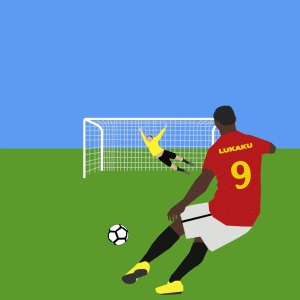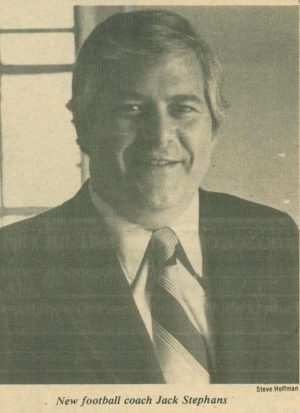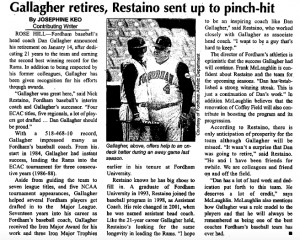‘Diego Is Eternal’
Argentinian soccer legend Diego Maradona may have died, but the impact he left on the game never will
DONNA HILTON VIA WIKIMEDIA COMMONS
Maradona, pictured in the blue jersey, in a 2006 Soccer Aid charity match. By then, he had been retired from professional play for more than 10 years.
December 8, 2020
On Nov. 25, the world lost one of the greatest athletes and characters of all time. Argentinian soccer player Diego Maradona passed away after suffering cardiac arrest at the young age of 60. People will debate who the greatest soccer player of all time is until the end of time itself, but one thing will always hold true: Maradona will be in that conversation.
The Beginning
Maradona was born in Buenos Aires, Argentina, in 1960. He was born into a poor family who lived in a shantytown when he was growing up. At eight, he was scouted from his local club and began playing for the junior team at Argentinos Juniors. On Oct. 20, 1976, Maradona made his first professional debut for Argentinos Juniors and became youngest debutant in the Argentine Primera División at 16 and 10 days. The next year, he made his first appearance for the Argentina National Team.
Five years later, Maradona moved from Argentinos Juniors to the more coveted Boca Juniors, essentially having his pick of South American clubs. Maradona won his only Argentine Primera División while at Boca Juniors. Right before the 1982 World Cup, Maradona accepted a transfer to FC Barcelona for a transfer fee of $7.6 million, a record at the time. Fans in Spain were eager to see the record signing play in the 1982 World Cup. Ultimately, the Argentina National Team was eliminated in the second round by Brazil and Italy.
Maradona scored the most infamous goal in soccer history followed by one of the most famous goals in soccer history.
Maradona Moves to Europe
While Maradona was still a star player in Barcelona, he struggled with the club during his two years there. His most famous moment in a Barcelona jersey was probably the massive fight that he started at the end of the 1984 Copa del Rey Final, which ended up with both teams in a complete and utter brawl.
In July of that same year, Maradona moved to S.S.C. Napoli, the team where he would play his best club soccer. He made 188 appearances for Napoli between 1984 and 1991, scoring 81 goals. Maradona led Napoli to their first-ever Serie A title in 1987 and another title win in 1990. While at Napoli, Maradona also won the Coppa Italia, the UEFA Cup and the Supercoppa Italiana. The club eventually retired his No. 10 jersey, a feat that is not nearly as common in European soccer as it is in American sports.
Ultimately Maradona’s time at Napoli did not come to a happy ending. Maradona struggled with drug and alcohol abuse his entire life and left Napoli after serving a 15-month ban for failing a cocaine drug test.
1986 World Cup
Without a doubt, the most famous moment in Maradona’s career was the club’s second group stage game of the 1986 World Cup. The game was played in Mexico City between Argentina and England. Tensions were high going into the match, with the Falklands War between the two nations happening in the background.
In that game, Maradona scored the most infamous goal in soccer history followed by one of the most famous goals in soccer history. Fifty-one minutes into a goalless match, Maradona would “head” a lobbed ball over the hands of the goalie and into the net. Immediately, the English players began berating the referee with calls for a handball, and they were right. In the replay, it was painfully obvious that Maradona struck the ball with his hand and not his head, and the goal should have been illegitimate.
However, video review was not allowed in the game at the time, so the goal stood. After the game, Maradona was quoted saying the goal was “a little with the head of Maradona and a little with the hand of God,” giving the goal the nickname “Hand of God.” Maradona later admitted the goal was completely scored with his hand and it should have been disallowed.
Just four minutes later, Maradona scored a goal that FIFA later declared the greatest goal in World Cup history and the goal of the century. Maradona picked up the ball in his own half and ran it over an entire half of the field by himself with only 11 touches, getting past five English players before putting the ball in the goal. Gary Liniker, one of England’s most prolific strikers of all time, would go on to score for England in the 81st minute, leaving every English fan wondering what could have been if the “Hand of God” goal had been disallowed.
Argentina went on to win the entire tournament after defeating West Germany in the finals.
The End
Maradona returned for the 1990 World Cup, but an ankle injury prior to entering the competition made him far less explosive. The Argentina National Team was eliminated in the first round. He once again showed up to the 1994 World Cup, far from the player he once was, but he was ultimately sent home from the tournament after failing a drug test for ephedrine doping.
He claimed that the failed drug test was a mistake by his trainer, who didn’t realize that a banned substance was in the American version of a sports drink that was not in the Argentinian version of the drink. His international career ended there after 17 years, 91 games and 34 goals.
Maradona was a man who loved soccer so much that he couldn’t help but give the sport everything he had while on this earth.
Maradona went on to spend a year with Sevilla, a year with Newell’s Old Boys and finally another two years with his past club Boca Juniors before retiring from the game in 1997. From then until his death, Maradona had a pretty disappointing managerial career, frequently moving from one second-division team to another and spending some time as the manager of Argentina’s team.
Despite his most famous moments being those two goals, Maradona was never a prolific goal scorer. He was a creative midfielder who played in the typical No. 10 role mostly in an attacking position behind the striker, but occasionally up front in an attacking pair. He was known for his incredible dribbling ability, and his low center of gravity made it extremely hard to take him off the ball.
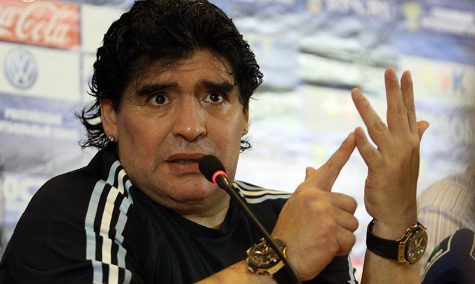
Maradona’s Legacy
Soccer players, clubs, leagues, organizations and more all expressed their admiration for Maradona and their condolences to his family after his death. Fellow Argentinian soccer legend Lionel Messi took to Instagram saying Maradona “leaves us but does not leave, because Diego is eternal.” The president of Argentina announced that the country would observe three days of mourning for Maradona’s passing.
With such an incredible career, it was not a surprise to find that Maradona’s impact had reached some students at Fordham like Phuc “Roger” Vo, Fordham College at Lincoln Center ’23.
Vo described Maradona as “an icon who transformed the sport into the beautiful game we know today. An icon who inspired many people around the world. An icon who played for the badge on his shirt,” adding his condolences for Maradona’s family at the end. He is just one of the thousands of people that Maradona impacted globally.
Maradona once said: “to see the ball, to run after it, makes me the happiest man in the world.” Though his soccer was always more beautiful than his words, there’s something beautiful about the simplicity of that quote. Maradona was a man who loved soccer so much that he couldn’t help but give the sport everything he had while on this earth. The game will never forget him for that.

